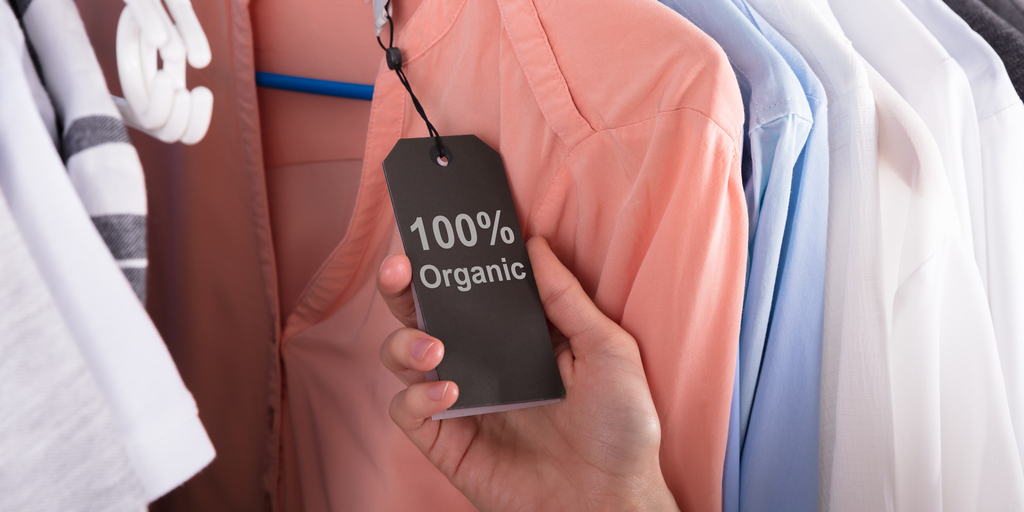In the coming year, the retail industry in particular will be preoccupied with managing carbon footprints and waste — sustainability.
The topic sits at or near the top of every company’s to-do list because consumers are really paying attention now and voting with their wallets. Green-ness has become a core value message in nearly every retailer’s marketing campaigns and is the new “organic”.
But what does sustainability mean to consumers?
Judging by a global survey conducted in early 2021 by Accenture, the giant information technology company, a majority of the world’s consumers associate sustainability with just about everything in this world that needs fixing. Of more than 25,000 consumers surveyed in 22 countries,
Accenture reported that 50% said the pandemic “made me totally revise my personal purpose and what is important for me in life.”
The survey is the basis for “How Covid-19 Has Changed Consumers”, a paper by Gregor Barry, an Accenture managing director, which was just published by Harvard Business Review. In it Barry tags the 50% who have become more values focused as “reimagined consumers” whose “motivations for buying are meaningfully different.” If that sounds momentous, it is.
It means, in effect, that many of the old rules and assumptions about retailing, which were baked into business-as-usual, are up for grabs.
Like Gregor Barry’s consumers, retailing is being reimagined. The industry took off for all of Thanksgiving Day this past season. Consumers made Black Friday a snooze instead of a riot. Meanwhile, Walmart is tracking against Amazon and Amazon is following Walmart.
At the core of this reimagining are the behaviors and policies that consumers look for in America’s shopkeepers, big and small alike: a frictionless experience with companies that demonstrate an enterprise-wide commitment to the environment, public health, social justice, ethical practices, and general transparency. Pity the next retailer who, as Burberry did in 2018, gets caught burning or otherwise destroying tens of millions of dollars of returns.
The trending management model for the retail industry, which will dominate the discussion about reimagining retail for the next few years, goes by the acronym ESG.
It stands for the three general areas where companies get into trouble: Environmental, Social, and Governance issues. We’ll be revisiting ESG in this column often this year as it is becoming the management focal point for every stakeholder in retail, from the hedge funds who finance the industry to the labor unions that dream of organizing the rank and file.
For now, writes Barry, the Accenture survey has exposed “powerful” preferences. "Consumers will leave brands that don't recognize their new priorities-and will pay more for those that do. Evolving their business model is not a choice for organizations, it is an imperative.”

















